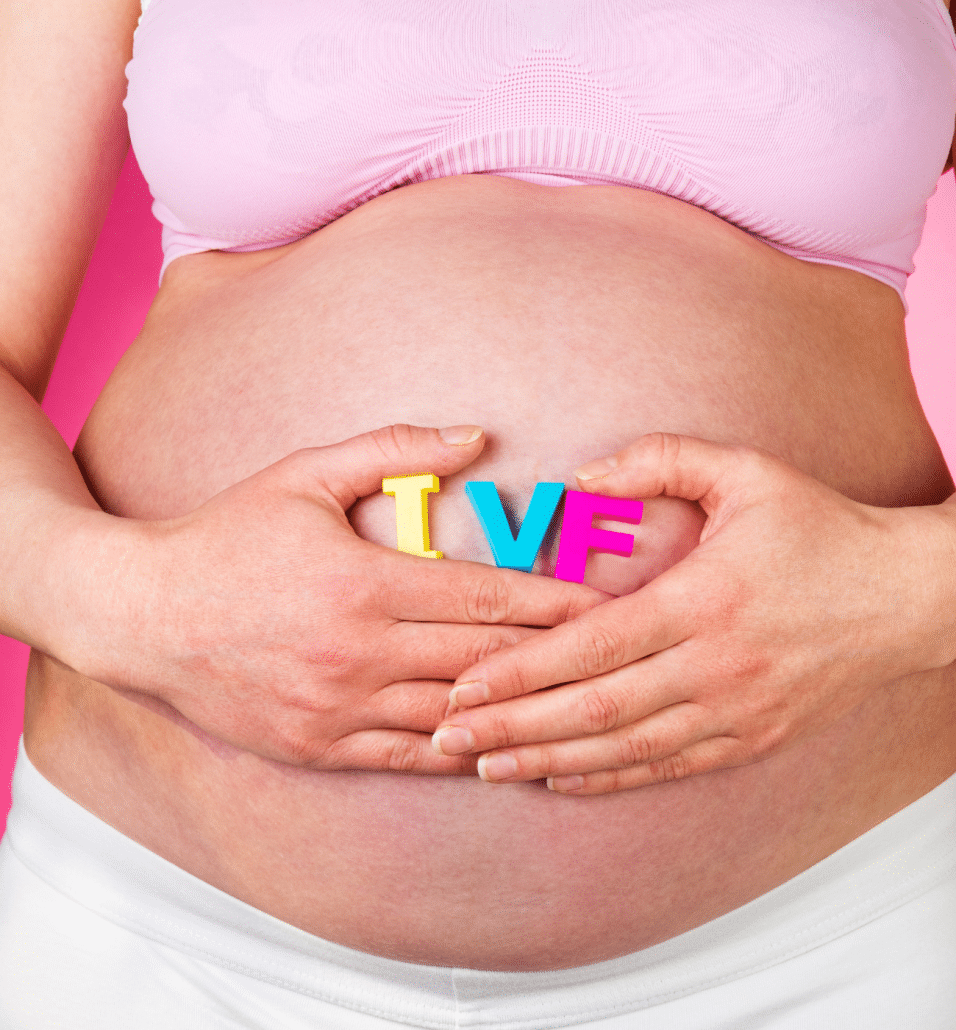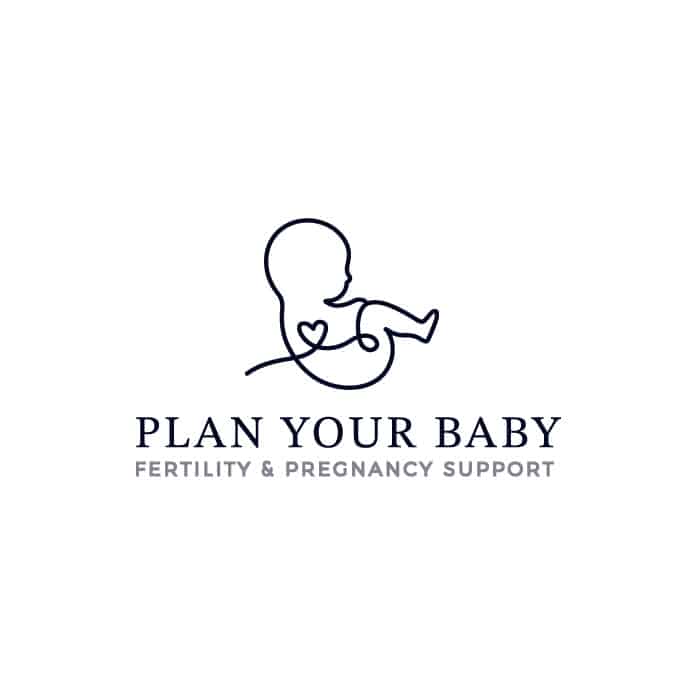AN INTRODUCTION TO FERTILITY & ITS CHALLENGES
This article is written by Marija Skujina from Plan Your Baby. In this article, Marija discusses infertility and its challenges.
What Is Infertility?

Infertility is a medical condition defined as the inability to conceive after one year of regular, unprotected sex. There are many possible causes of infertility, including age, medical conditions, and lifestyle factors.
DID YOU KNOW? Across the world more than 48 million people are affected by infertility.
The most common causes of infertility in women are blocked fallopian tubes, endometriosis, and polycystic ovary syndrome (PCOS).
The most common causes of infertility in men are low sperm count, poor sperm quality, and varicocele (a varicose vein in the scrotum).
What Are Some Of The Most Common Challenges That People Experience In A Difficult Fertility Journey?
Infertility can be a very challenging experience for couples. It can lead to feelings of sadness, anxiety, and depression. Couples may also experience financial stress, as infertility treatment can be expensive. Infertility can also put a strain on relationships, as couples may feel frustrated and angry with each other.
What Treatments And Support Are Available?
For the 1 in 6 people who will experience fertility issues (WHO – source) there are a number of different treatments available for infertility, but IVF is the best known and has become the ‘go-to treatment’. According to the Human Fertilisation and Embryology Authority (HFEA), there were 68,946 cycles of IVF treatment started in the UK in 2021.
However, IVF is not the only option, and it has a relatively low success rate with only 19,495 babies born as a result of IVF treatment in the UK in 2021, making a 28% success rate. There are a number of alternative treatments that may be more suitable for some couples, many of which are less invasive and can be done at less than a tenth of the cost of a single IVF cycle.
But First, What Is IVF?
IVF, or in vitro fertilisation, is a fertility treatment that involves fertilising an egg outside of the body. The egg is then transferred to the woman’s womb, where it can implant and grow into a baby. IVF is a complex and expensive treatment, and it is not always successful.
IF YOU’RE STRUGGLING TO CONCEIVE, YOU MAY BE CONSIDERING IVF TREATMENT. BUT IT ISN’T ALWAYS THE RIGHT CHOICE.
Research has indicated that IVF is over-used with more than 40% of IVF treatments being unnecessary (research in Journal of Fertility & Sterility, 2016). The study, which was conducted by researchers at the University of Aberdeen in Scotland, looked at data from over 100,000 IVF cycles performed in the United Kingdom.
The study found that 42% of these cycles resulted in no live births, and that the majority of these cycles could have been avoided with more careful screening and counselling of couples before they began treatment.
The study’s authors concluded that “IVF is a complex and expensive treatment, and it is important to ensure that it is only used when it is likely to be successful. Our findings suggest that there is a significant number of unnecessary IVF cycles being performed, and that this could be avoided with more careful screening and counselling of couples.”
The study’s findings have been echoed by other researchers, and have led to calls for more careful use of IVF. In 2018, the
American Society for Reproductive Medicine (ASRM) issued new guidelines for IVF treatment, which emphasise the importance of careful screening and counselling before treatment begins.
What Are The Alternatives To IVF?
There are a number of alternative treatments to IVF that may be more suitable for some couples. These include: Fertility drugs
Fertility drugs can be used to stimulate ovulation and increase the chances of pregnancy.
The Plan Your Baby approach is to provide intensive clinical and holistic support through the full menstrual cycle, leveraging the power of same day test results and next day delivery of medication to address any hormonal issues that may be hindering your chances of conception.
Surgery
If there are congenital or structural issues then you may find that surgery is recommended. Uterine problems such as
endometrial polyps, a uterine septum, intrauterine scar tissue and some fibroids can be treated with hysteroscopic surgery. Endometriosis, pelvic adhesions, and larger fibroids may require laparoscopic surgery or surgery with a larger incision of the abdomen.
Additionally, you may benefit from a Laparoscopy if other fertility tests have not resulted in a conclusive diagnosis. For this
reason, laparoscopy is often performed on women with unexplained infertility. A Laparoscopy can also allow for a biopsy of suspect growths and cysts that may be hampering fertility.
Lifestyle changes
There are a number of lifestyle changes that couples can make to improve their chances of pregnancy. These include:
- Improving overall health through improved nutrition and fitness
- Reducing the consumption of alcohol
- Stopping smoking
- Reducing stress levels
Which Conditions Causing Infertility Can Be Treated Without IVF?
There are 13 common but treatable conditions which can often be addressed without invasive treatment. These include:
- PCOS
- Anovulatory
- Amenorrhea
- Immune disorders
- Endometriosis
- Polyps and fibroids
- Luteal phase defect
- Low ovarian reserve
- Recurrent miscarriage
- Prolactinemia
- Pelvic inflammatory diseases
- Thyroid conditions
- Hypothalamic dysfunction
Taking a personalised and integrated treatment approach tailored to your individual medical circumstances can result in positive pregnancy outcomes without needing IVF.
Which Treatment is Right For Me?
The best treatment for infertility will vary depending on the individual couple’s circumstances. In an initial consultation our expert fertility clinical team will review your medical history and start to talk about your options and choose the treatment that is right for you.
How Long Do You Have to Wait for IVF on the NHS?

The waiting list times for IVF on the NHS vary depending on where you live in the UK. In England, the average waiting time for IVF is around 18 weeks. In Scotland, the average waiting time is around 12 weeks. And in Wales, the average waiting time is around 10 weeks.
However, it’s important to note that these are just averages. The actual waiting time for IVF can vary depending on a number of factors, such as your age, your fertility diagnosis, and the availability of treatment slots at your local NHS clinic.
If you’re concerned about the waiting time for IVF on the NHS, you can speak to your GP or a fertility specialist. They may be able to give you more information about the waiting times in your area and advise you on your options.
What Can You Do If You Can’t Wait for IVF on the NHS?
If you can’t wait for IVF on the NHS, you may want to consider private treatment. The cost of private IVF treatment can be expensive, but it’s often much quicker than NHS treatment.
There are a number of private IVF clinics in the UK, and you can find a list of these clinics on the Human Fertilisation and Embryology Authority (HFEA) website.
When choosing a private IVF clinic, it’s important to do your research and choose a clinic that has a good reputation. You should also make sure that the clinic is accredited by the HFEA.
Where Can I Get More Information About Infertility Treatments?
Infertility can be a difficult and emotional time for couples. It is important to remember that you are not alone, and there are a number of resources available to help you.
There are a number of resources available to help you learn more about infertility treatments. These include: The NHS
- The NHS website has a wealth of information about infertility treatments, including IVF, IUI, and fertility
- You can also call the NHS Fertility Direct helpline on 0800 078 8734 for more
The Human Fertilisation and Embryology Authority (HFEA)
- The HFEA is the UK’s regulator of fertility Their website has information about all aspects of fertility treatment, including the success rates of different treatments.
- You can also call the HFEA on 0300 456 1600 for more
Infertility charities
- There are a number of infertility charities that can provide support and information to couples who are struggling to These charities can also help you to find a fertility clinic and to understand the costs of treatment.
- Some of the UK’s leading infertility charities include:
- Fertility Network UK
- Tommy’s
- The Eve Appeal
- Resolve UK
Supportive Communities
- Communities such as The Worst Girl Group Ever can offer support for those experiencing similar fertility challenges
- For those going through IVF you can reach out to The IVF Network or The Ribbon
Contact Plan Your Baby

If you enjoyed this article and would like to contact Plan Your Baby about your fertility, you can contact them via the methods below:
Website: https://planyourbaby.co.uk/
Email: info@planyourbaby
Instagram: https://www.instagram.com/planyourbaby/
LinkedIn: https://www.linkedin.com/company/plan-your-baby/
Marija is the Founder of Plan Your BABY -. A telehealth Clinic offering Fertility and Pregnancy Support.
Marija is a Certified Fertility Nurse Specialist by the European Society of Human Reproduction and Embryology. Her experience is as an assisted reproductive technology practitioner with extensive knowledge in fertility. With nearly 9 years of work experience in one of the world’s leading fertility clinics, Marija prides herself on providing independent fertility advice and guidance for patients based on up-to-date research.


















